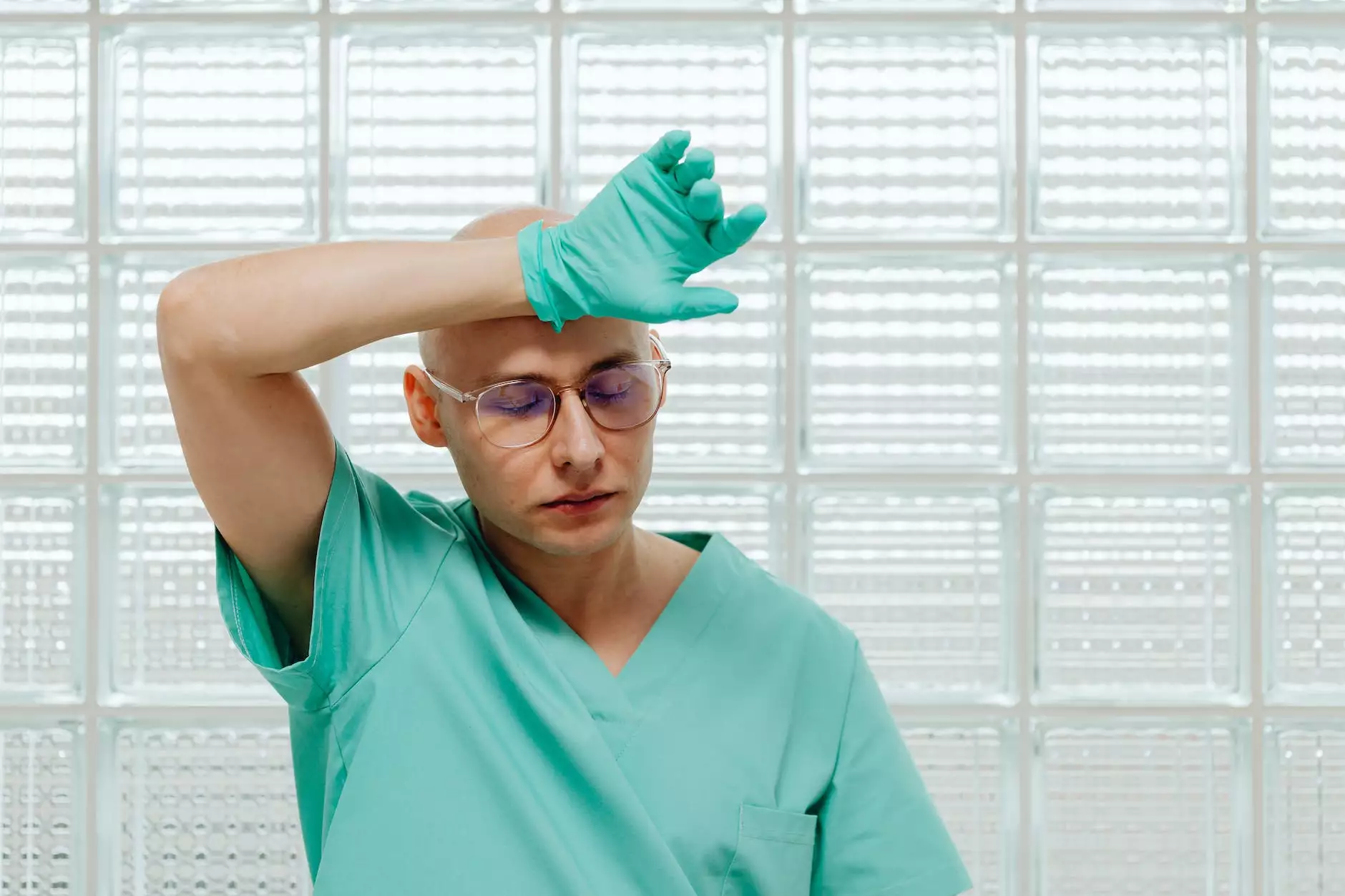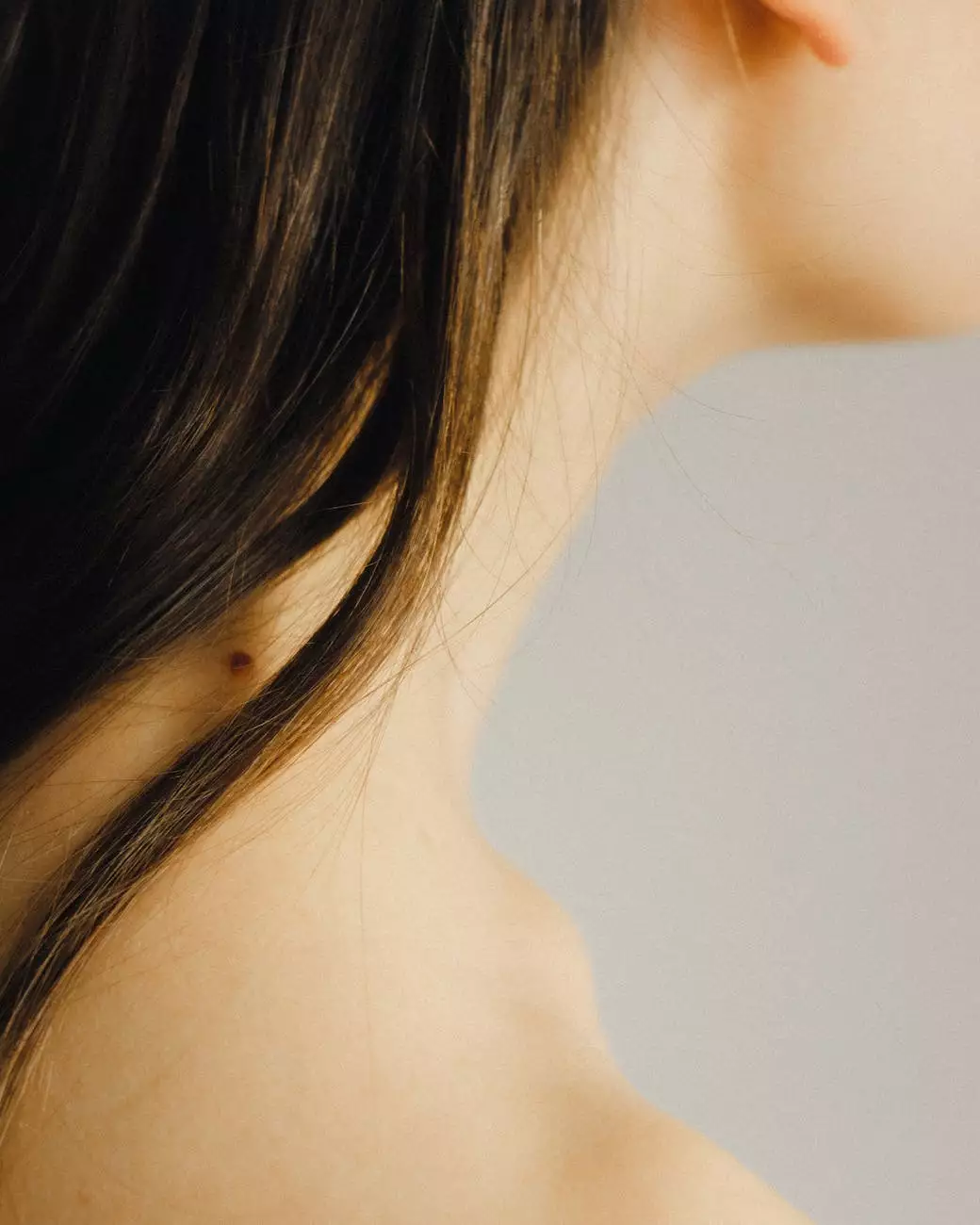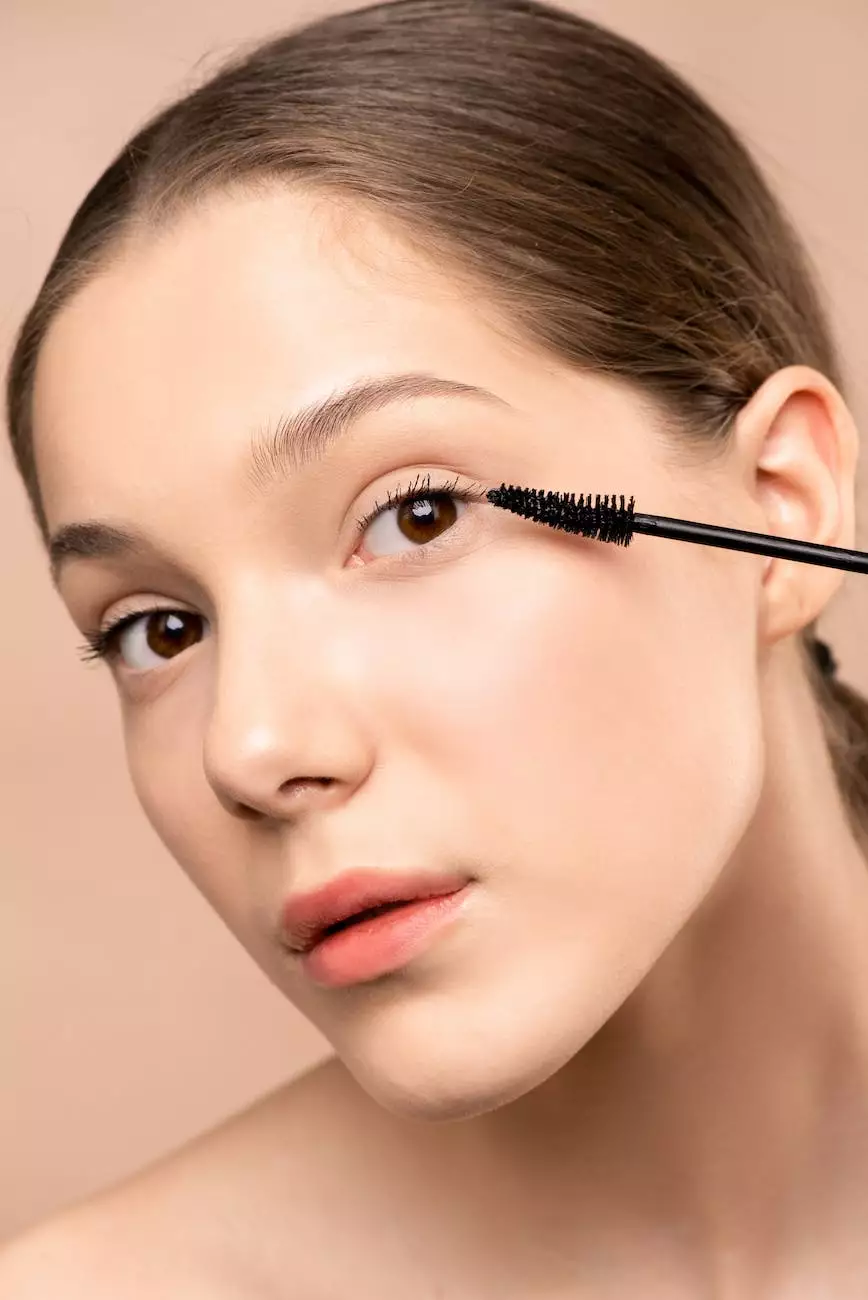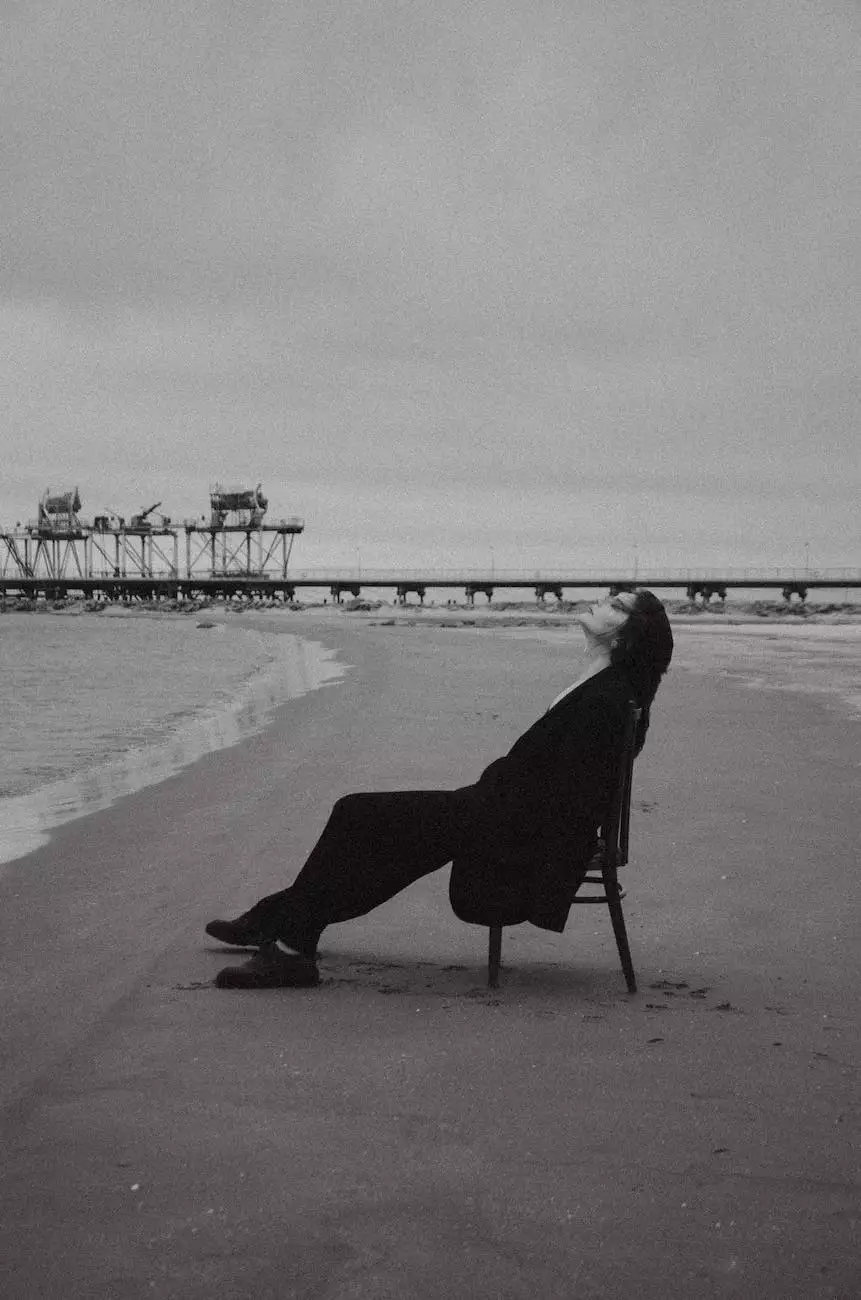Does dry shampoo cause hair loss?

The Rumors and Concerns
Within the health community, there have been numerous rumors and concerns regarding the potential link between dry shampoo usage and hair loss. Many individuals rely on dry shampoo as a quick fix for greasy hair, but are they unknowingly putting their precious strands at risk? Let's dive deep into this topic and uncover the truth behind these claims.
Understanding Dry Shampoo
Dry shampoo is a hair care product designed to absorb excess oil and freshen up the hair without the need for water. It comes in the form of a spray or powder and is typically applied directly to the roots. Its convenience and time-saving properties have made it a staple in many individuals' hair care routines.
The Science Behind Hair Growth
Before we address whether dry shampoo can cause hair loss, let's briefly explore the science behind hair growth. The average human scalp has about 100,000 hair follicles, each of which goes through a cycle of growth, rest, and shedding. Hair loss occurs when this natural cycle is disrupted, leading to an increased shedding phase or a decrease in new hair growth.
The Link Between Dry Shampoo and Hair Loss
Currently, there is no scientific evidence to support the claim that dry shampoo directly causes hair loss. The primary function of dry shampoo is to absorb oil from the scalp and create a fresh appearance. However, excessive and prolonged use of dry shampoo without proper cleansing and care of the scalp may lead to some unwanted side effects.
Clogging Hair Follicles
One potential side effect of using dry shampoo is the buildup of product residue on the scalp. When dry shampoo is applied repetitively without proper cleansing, it can accumulate on the scalp and potentially clog hair follicles. This may impede the hair growth cycle and, over time, contribute to hair thinning or breakage.
Drying Effects
Dry shampoo contains ingredients that absorb oil, which can also strip the hair and scalp of natural moisture. The prolonged use of dry shampoo without moisturizing or replenishing the scalp may lead to dryness, irritation, and potential hair damage.
Maintaining Hair and Scalp Health
While dry shampoo can be a convenient option for extending the time between washes, it is important to use it in moderation and with proper care for your hair and scalp. Here are some tips to ensure the health of your scalp and minimize any potential side effects:
1. Limit Usage Frequency
Avoid using dry shampoo as a substitute for regular hair washing. Limit usage to no more than once or twice a week to prevent product buildup and potential scalp issues.
2. Proper Application
Follow the instructions provided on the dry shampoo product and apply it only to the roots. Avoid overspraying or overpowdering, as this may contribute to product accumulation on the scalp.
3. Cleanse and Clarify
Regularly cleanse your scalp and hair to remove any product residue. Use a gentle clarifying shampoo to thoroughly cleanse the scalp and ensure the hair follicles remain unclogged.
Consulting with a Hair Specialist
If you have concerns about hair loss or the potential effects of dry shampoo on your hair and scalp, it is always advisable to consult with a hair specialist or dermatologist. They can evaluate your unique situation, provide personalized recommendations, and address any underlying causes of hair loss.
In Conclusion
While excessive and improper use of dry shampoo may have negative effects on the scalp and hair health, there is no direct evidence linking it to hair loss. By using dry shampoo responsibly and maintaining overall scalp hygiene, you can enjoy its convenience without compromising the health and vitality of your hair.










